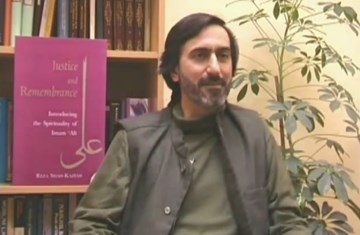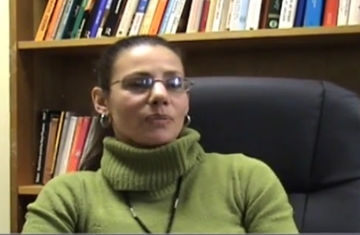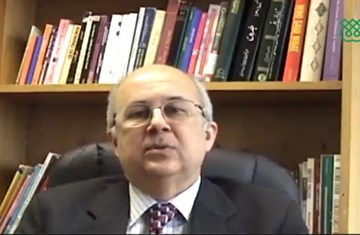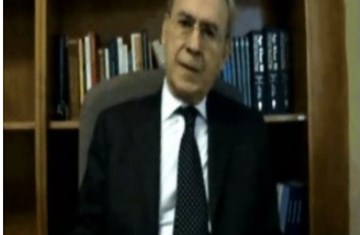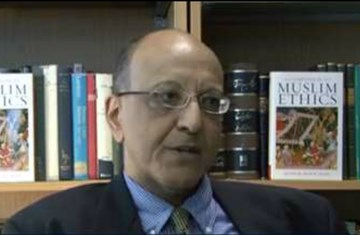An Interview with Dr Toby Mayer on Avicenna's Allegory on the Soul
This 30 min interview with Dr Toby Mayer elaborates on the ‘Poem on the Soul’ (Qasidat al-nafs), traditionally attributed to Ibn Sina (d. 1037 CE), the great Persian Philosopher and master of Aristotelian thought in the Muslim world, known in Europe as Avicenna.
In his commentary, Dr Mayer shares his thoughts on how the Qasida expresses metaphorically the need for a philosophical perspective in life, and for philosophy as a path to salvation, by depicting the human soul as a strayed dove, which can only return home after retrieving awareness of its celestial origin.
Dr Mayer sheds light on the commentary on the Qasida written by ‘Ali b. Muhammad b. al-Walid (d. 1215 CE), a major early representative figure of the Tayyibi Ismaili tradition, who viewed the poem to encapsulate the distinctive esoteric beliefs of his own school. Avicenna’s Allegory on the Soul presents the critical edition of the Arabic text of Ibn al-Walid’s commentary, ‘The Useful Epistle’ (al-Risala al-mufida), by Professor Wilfred Madelung, alongside an English translation and extended introduction by Dr Toby Mayer. The publication offers valuable insight into esoteric Muslim thought and a deeper understanding of Avicenna’s substantial intellectual legacy.
Q1. Could you please outline the main contents of the book?
Q2. What are your observations regarding the authorship and survival of the poem?
Q3. What is the focus of the allegorical poem?
Q4. Who was the commentator and what was the context of his commentary on this poem?
Q5. How do Ibn al-Walid’s esoteric beliefs inform his interpretation of the poem on the soul?
Q6. What is the significance of this poem and the commentary for contemporary readership in English?

